Screen this Acclaimed Video to Mark Indigenous People’s Day
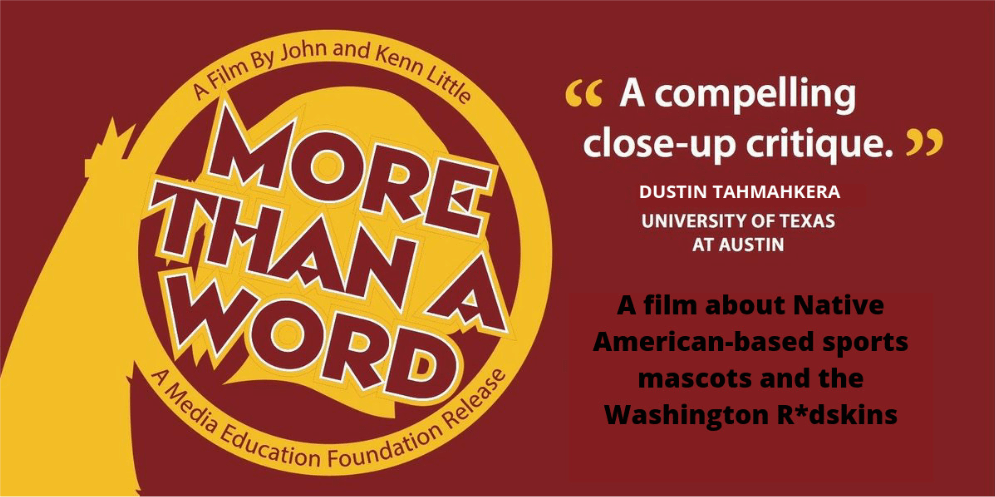
On Oct. 14, the U.S. will observe one of its most contentious holidays. For years now, there’s been pushback from many who question the legitimacy of honoring a European explorer who enslaved indigenous people. Instead, many will mark it as Indigenous People’s Day to honor the millions of people who were already living here when the Europeans arrived.
If you’re looking to provide your students with a good entry point into this issue, we highly recommend More Than a Word, a powerful documentary about the related and equally contentious debates surrounding indigenous sports mascots. Directed by Native-American filmmakers John and Kenn Little, More Than a Word situates the politics of cultural appropriation within the larger context of Native American history and sheds much-needed light on the systematic degradation and erasure of indigenous cultures.
We urge you to screen More Than a Word in your classes or on your campus to help clarify why so many people will be celebrating Indigenous People’s Day on Oct. 14.
 “More Than a Word highlights why it is essential to take action and eliminate racial epithets and images.”
“More Than a Word highlights why it is essential to take action and eliminate racial epithets and images.”
— Dr. Victoria Lapoe | Professor, Ohio University | Board Member, Native American Journalists Association
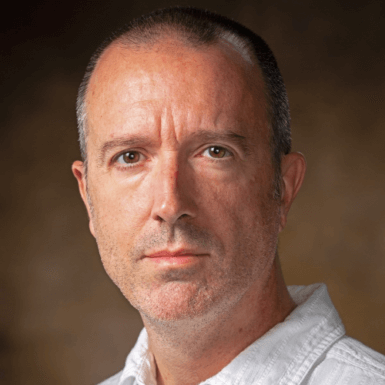 “More Than a Word lays bare the open and complex historical, social and cultural wounds that fester underneath the racial epithets and imagery used in sports mascots.”
“More Than a Word lays bare the open and complex historical, social and cultural wounds that fester underneath the racial epithets and imagery used in sports mascots.”
— Bryan Pollard (Cherokee) | President of the Native American Journalists Association

“More Than a Word illuminates American Indian survival and resistance while offering a highly engaging discussion around issues of cultural appropriation.”
— Dr. Kristin L. Arola | Professor, Michigan State University | American Indian and Indigenous Studies Program
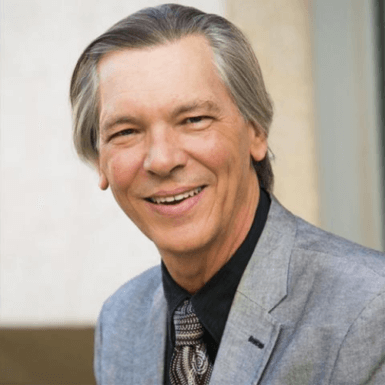 “More Than a Word is more than a documentary about racist sports mascots. It’s a film that speaks directly to who we are as a nation divided by race at this very moment in time.”
“More Than a Word is more than a documentary about racist sports mascots. It’s a film that speaks directly to who we are as a nation divided by race at this very moment in time.”
— Dr. Robert Williams | Faculty Co-Chair, University of Arizona Indigenous Peoples Law and Policy Program
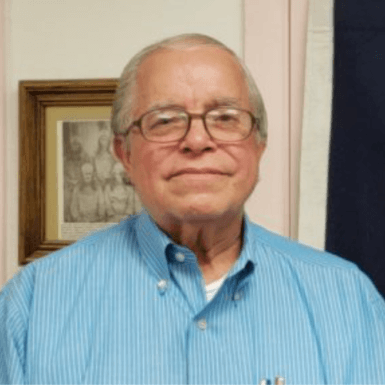 “This film is a wonderful account of the need to respect the rights of Indian people to live without racism. It should be seen by all people.”
“This film is a wonderful account of the need to respect the rights of Indian people to live without racism. It should be seen by all people.”
— Dr. Dean Chavers | Author of Racism in Indian Country
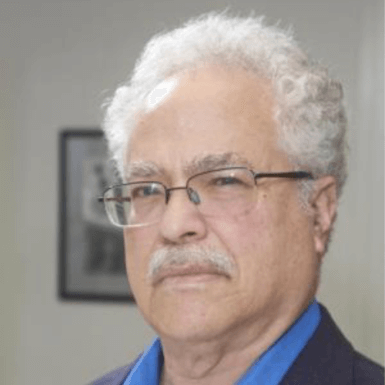 “This profound and profoundly moving film shows how Indigenous dispossession is an ongoing contemporary cultural process, not a finite and fixed past event, [and] impels us to live up to our obligations and responsibilities to reject all forms of denigration and dehumanization.”
“This profound and profoundly moving film shows how Indigenous dispossession is an ongoing contemporary cultural process, not a finite and fixed past event, [and] impels us to live up to our obligations and responsibilities to reject all forms of denigration and dehumanization.”
— Dr. George Lipsitz | Professor of Black Studies at University of California, Santa Barbara

